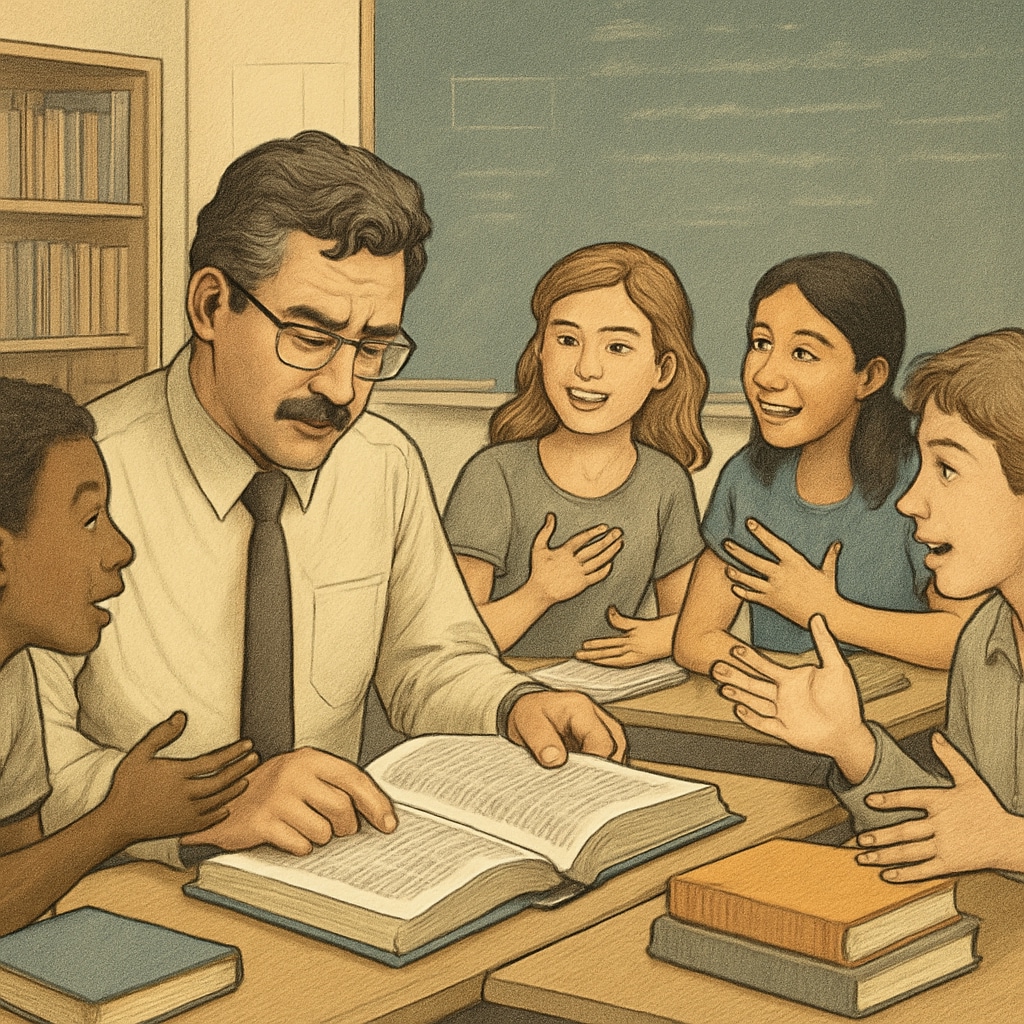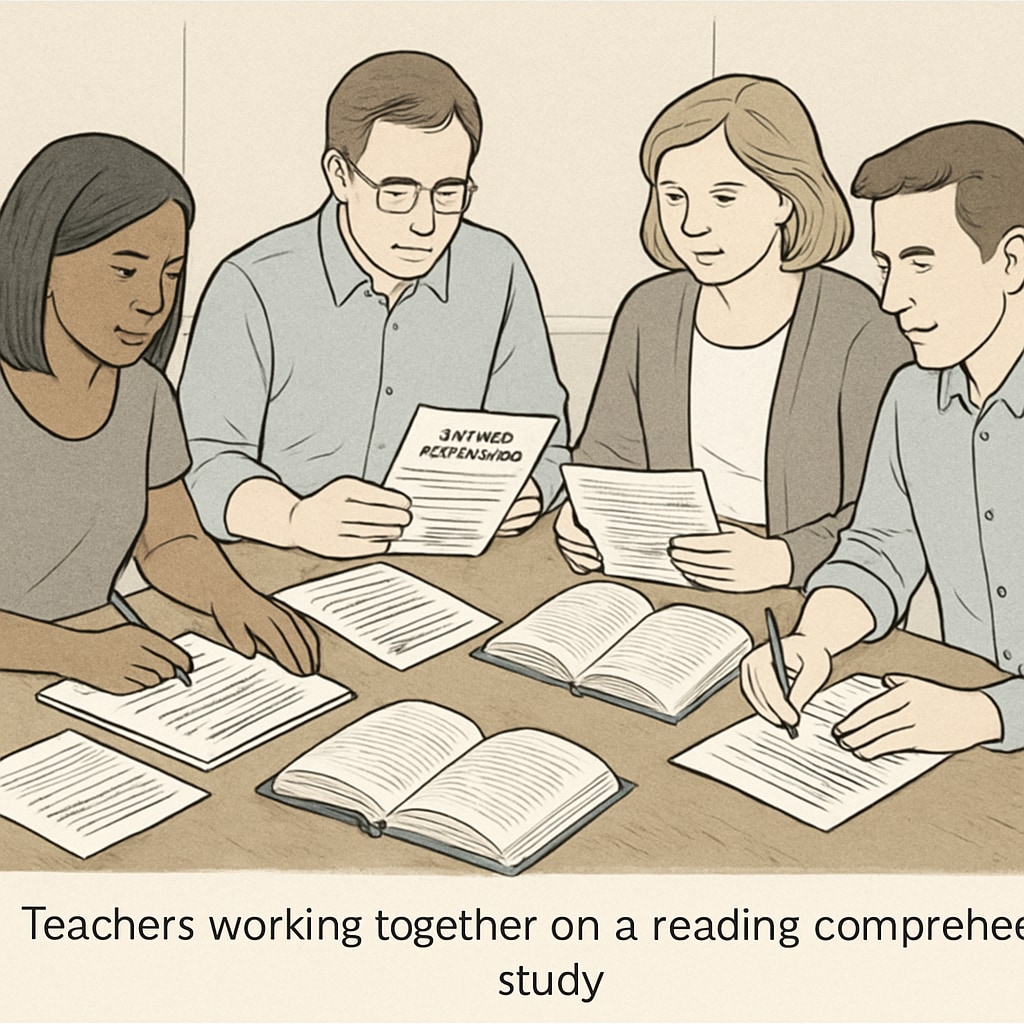Understanding reading comprehension, teacher volunteers, and text complexity is critical for enhancing K12 education. We are excited to invite elementary and middle school educators to participate in a pioneering study aimed at evaluating the difficulty level of texts used in classrooms. This research provides an opportunity for teachers to share their professional insights and directly influence the way reading materials are assessed and optimized for student learning.
Why Text Complexity Matters in Education
Text complexity plays a pivotal role in shaping students’ reading comprehension skills. When students engage with materials that are appropriately challenging, they develop critical thinking, vocabulary, and analytical abilities. On the other hand, overly simple or excessively difficult texts can hinder growth and discourage learners from exploring literature further. Therefore, accurately assessing text complexity is essential for creating a balanced and effective curriculum.

Current methods for evaluating text difficulty often rely on quantitative measures, such as word frequency and sentence length. While these metrics provide a useful baseline, they may overlook qualitative factors like cultural relevance, thematic depth, and cognitive demands. Teachers, with their firsthand experience, are uniquely positioned to bridge this gap by offering nuanced judgments on how texts resonate with students and align with learning objectives.
How Teacher Volunteers Can Make a Difference
This study seeks to leverage the expertise of teacher volunteers to refine existing text complexity assessment frameworks. By dedicating just 30 minutes, educators can review and evaluate sample texts based on specific criteria. Their feedback will be instrumental in identifying strengths and weaknesses in current methods, ultimately leading to the development of more effective teaching materials.

Participation is straightforward and impactful. Teachers will receive a set of texts to analyze, along with clear guidelines for evaluation. The process is designed to be user-friendly, ensuring that educators can contribute meaningful insights without requiring extensive time or specialized skills.
The Broader Impact of This Research
In addition to improving text complexity assessments, this study has the potential to enhance literacy education on a larger scale. By aligning reading materials more closely with student capabilities and needs, schools can foster a love for reading and equip learners with the skills necessary for academic and personal success. Moreover, the findings will be shared with researchers and policymakers, providing valuable data to inform future educational strategies.
For example, a deeper understanding of text complexity could lead to the creation of adaptive reading platforms that tailor content to individual student levels. It might also influence teacher training programs, helping educators better select and utilize texts in their classrooms.
Join the Effort to Improve K12 Literacy
If you’re an elementary or middle school teacher passionate about literacy and student development, your expertise is needed. By contributing to this study, you’ll play a key role in shaping the future of reading education. Your input could make a real difference in how texts are evaluated and how students experience the joy of reading.
To learn more about this opportunity and sign up as a volunteer, visit our Reading Comprehension page on Wikipedia, or explore additional resources on Education at Britannica. Together, we can decode the complexities of reading comprehension and pave the way for better K12 education.
Readability guidance: Use clear, concise language and short paragraphs to maintain engagement. Incorporate lists when summarizing key points. Ensure that transitions (such as “however,” “as a result,” and “in addition”) are used frequently to guide readers through the content smoothly.


